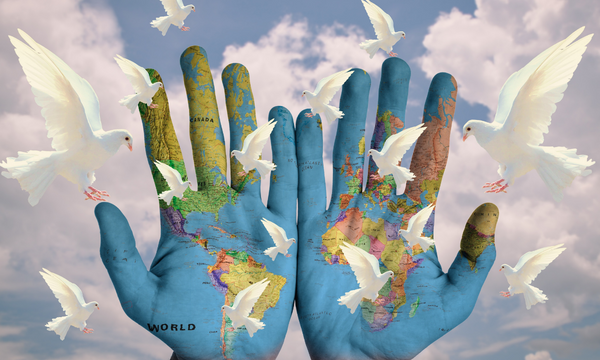
Role of Diplomacy in Promoting Peace and Security in the 21st Century


Diplomacy has been a crucial tool for promoting peace and security since the dawn of civilization. Its importance has only increased in the 21st century, as the world has become more interconnected and complex. The ability to negotiate and resolve conflicts peacefully is more important now than ever before.
Diplomacy is the art of conducting negotiations between nations. It involves building relationships, establishing trust, and finding common ground. Diplomats use a range of techniques to promote peace and security, including mediation, negotiation, and conflict resolution.
At its core, diplomacy is about communication. It is about understanding the perspectives and interests of others, and finding ways to work together towards shared goals. Diplomats must be skilled at reading body language, understanding cultural differences, and speaking multiple languages. They must be able to build relationships with people from diverse backgrounds, and understand the nuances of international politics.
One of the key roles of diplomacy in promoting peace and security is preventing conflicts from escalating. Diplomats work behind the scenes to resolve disputes before they turn into full-blown wars. They use their relationships and connections to gather intelligence, monitor threats, and anticipate potential conflicts. They also work to prevent conflicts by promoting economic development, improving governance, and addressing human rights issues.
Diplomacy also plays a critical role in resolving conflicts that have already erupted. Diplomats act as intermediaries between conflicting parties, helping them to find common ground and negotiate a peaceful resolution. They work to identify areas of compromise, build trust between parties, and craft agreements that are acceptable to all sides.
In recent years, diplomacy has become increasingly important in addressing global challenges that require international cooperation. Issues like climate change, cybersecurity, and pandemics cannot be solved by any one nation alone. Diplomats must work together to find solutions that benefit all countries and protect the interests of future generations.
The role of diplomacy in promoting peace and security is not without its challenges. Diplomats must navigate complex political environments, work with leaders who may have conflicting interests, and deal with the unpredictable nature of international relations. They must also contend with new threats like cyber warfare and disinformation campaigns.
Despite these challenges, diplomacy remains a critical tool for promoting peace and security in the 21st century. As the world becomes more interconnected and complex, the ability to negotiate and resolve conflicts peacefully will become even more important. Diplomats will continue to play a vital role in building relationships, establishing trust, and finding common ground between nations.

